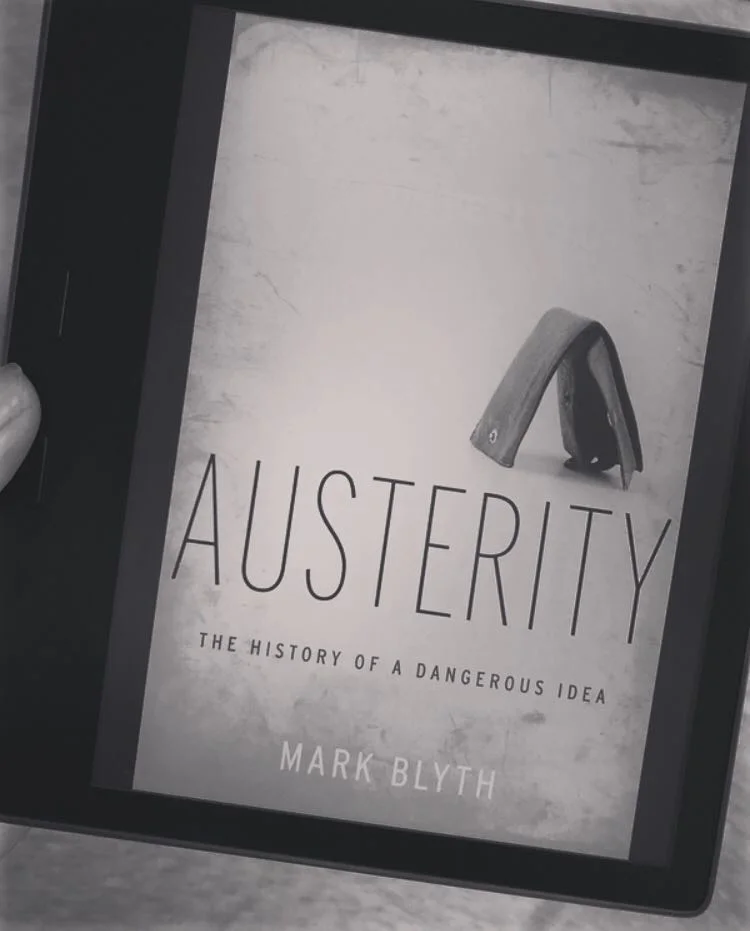The Metamorphosis and Other Stories by Franz Kafka
The century since Franz Kafka was born has been marked by the concept of modernism— a self-consciousness new among centuries, a consciousness of being new. After his death, Kafka epitomizes one aspect of this modern mind-set: a sensation of anxiety and shame whose center cannot be located and therefore cannot be placated; a sense of an infinite difficulty within things, impeding every step; a sensitivity acute beyond usefulness, as if the nervous system, flayed of its old hide of social usage and religious belief, must record every stroke as pain.
Most people have read Kafka’s The Metamorphosis, and certainly this mere fifty pages story alone assured him a prominent place in world literature. For a long time, I never bothered to read his other novels, tales, parables, and aphorism. Why? Because short story is not my thing. The only short story writer that I ever liked is Ryunosuke Akutagawa, a Japanese writer active in the 1800s.
Yet, I have to say that Kafka’s short story surprisingly appeals to my taste. Kafka’s peculiar and horrifying stories are mixed with immense tenderness, oddly good humor, and a certain severe and reassuring formality. His writing style seems rather simple and straightforward, but it’s full of philosophizing about the absurdity of life and the grotesque alienation in an indifferent world .
Kafka is known for being obsessed with building, with work that is never done, that can never be done, that must always fall short of perfection. His manuscripts showed Kafka to have been a fervent worker, scribbling with a stately steadiness across the page, revising rather little, but ceasing when authenticity no longer seemed to be present, often laying down parallel or even contradictory tracks in search of his prey, and content to leave his works in an “open” stake like that of his Great Wall—their segments uncertainly linked, strange gaps left, the ultimate objective shied from as if too blindly grand.
Perhaps that’s where my appreciation root from. Ambiguous themes, mysterious gaps, and imperfect endings, these are the main elements in Japanese literature (侘び然び幽玄). This slender sheaf is consists of mostly very short stories that Kafka had worked on during his lifetime. The Judgment, In the Penal Colony, A Hunger Artist, The Burrow, and other parables and aphorisms. I would recommend anyone to read these, especially if you’re a fan of Ryunosuke Akutagawa.



